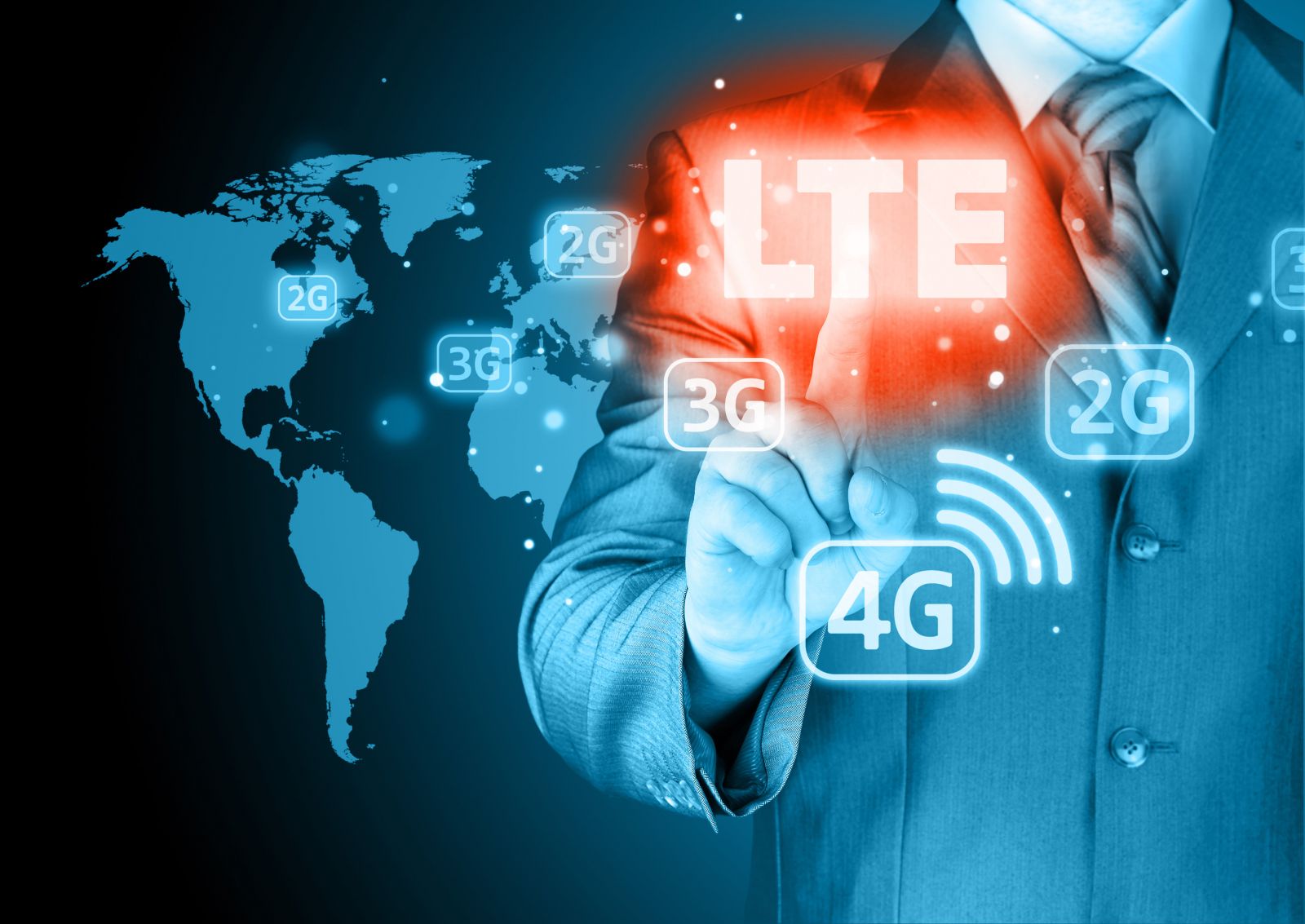LTE set to enable the mobile workforce
These strategies depend on Information and Communications Technology (ICT) solutions that enable a mobile workforce to stay connected anywhere at any time.
These solutions, coupled with advances in mobile Internet connectivity such as Long Term Evolution (LTE), enable employees to connect seamlessly and faster via a corporate network or secure Cloud service.
One of the biggest headaches for Information Technology (IT) and business executives over the past decade has been securing company data and networks. Several solutions and interventions have been developed to prevent data loss if a device is lost or stolen, or simply to prevent unauthorised access to business critical information.

LTE set to enable the mobile workforce
This has been achieved through Enterprise Mobility Management (EMM) solutions and policies that provide the necessary security. However, such interventions, are dependent on sufficiently fast mobile data services that offer a quick and seamless connection.
In the absence of such convenience, the entire structure of the best-laid EMM strategy falls flat. For instance, users are more likely to download critical documents to their mobile devices for offline use if the process of accessing and editing work through the Virtual Private Network (VPN) or Cloud service is retarded by a slow data connection.
In order to overcome sluggish mobile data connections, some users have added to IT executives’ headaches, by opting to use WiFi networks while in the field. Whether free, public networks or paid-for connections, this strategy is fraught with security threats that run counter to many organisations’ IT security policies.
And with a growing number of devices being LTE compliant – whether smartphones, tablets or laptop computers, there is little reason for organisations not take advantage of the speed and security that broadband speed connections offer.
Given the move to a more mobile workforce and the evolution of technologies to enable this, there is little doubt that organisations will be looking for the most efficient way to reap technology benefits.
From MTN Business point of view, LTE will play a central role in alleviating this pain-point and facilitating the move to a mobile first strategy. MTN Business solutions such as Managed Networks, Unified Communications, Cloud, Security and Internet of Things to SMEs, public and private sector clients are in line with the company’s strategic intent of refining traditional product offering, as well as actively developing new opportunities to help ensure MTN continues to inspire and enable the growth of its clients.
itnewsafrica.com




